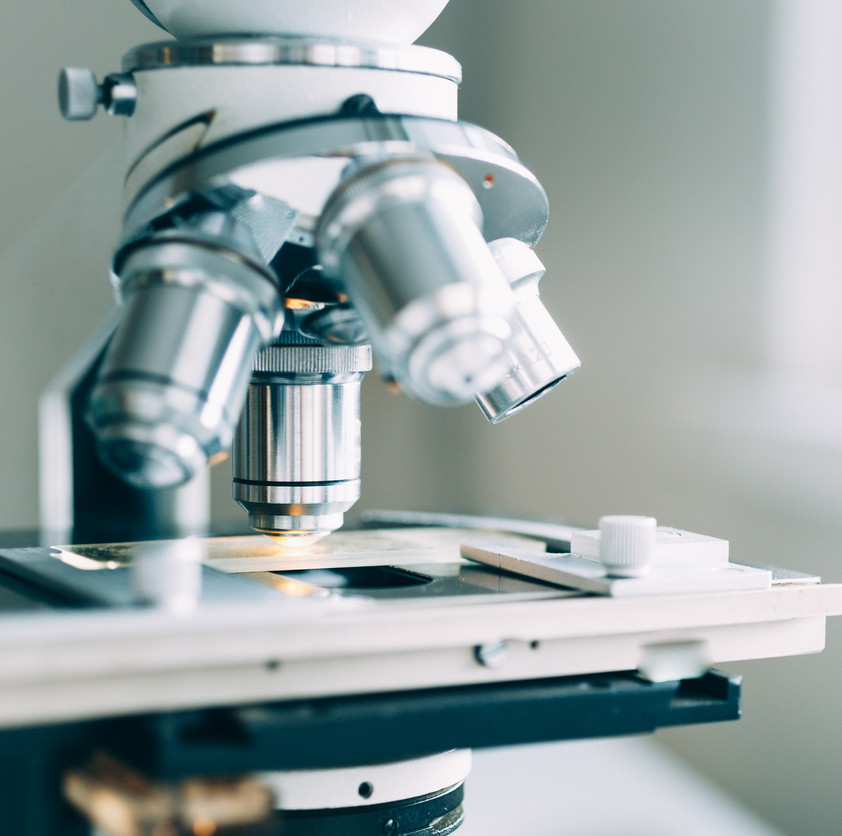In the modern healthcare landscape, healthcare data management is more than just a technical requirement—it’s a critical driver of improved patient care, streamlined operations, and regulatory compliance. By effectively collecting, storing, analyzing, and sharing data generated by medical devices, organizations can unlock insights that lead to better decision-making, enhanced outcomes, and sustained success.
What is medical device data management, and why is it crucial?
Medical device data management involves the systematic handling of information gathered from diagnostic and therapeutic devices. This data serves as the backbone for understanding patient health trends, refining device performance, and adhering to rigorous regulatory requirements. Whether it’s monitoring a patient’s vitals in real-time or evaluating the long-term effectiveness of a device, data management ensures that every insight is captured and utilized effectively.
The role of a robust data management system extends beyond basic storage. It encompasses the collection, analysis, and secure sharing of information to support healthcare providers and organizations in their mission to deliver optimal care. The essential elements of such a system include:
- Accurate Data Collection: Providing real-time data capture from devices while minimizing errors.
- Secure Storage: Implementing advanced encryption and compliance protocols to protect sensitive information.
- In-Depth Analysis: Leveraging analytics tools to uncover actionable insights that inform medical decisions and optimize device performance.
- Efficient Sharing: Facilitating collaboration across teams, departments, and regulatory bodies with seamless data exchange.
When these components work together, organizations benefit from improved operational efficiency, reduced risk, and enhanced patient outcomes. Healthcare providers can meet current demands and position themselves for future innovations by investing in a strong data management framework.
